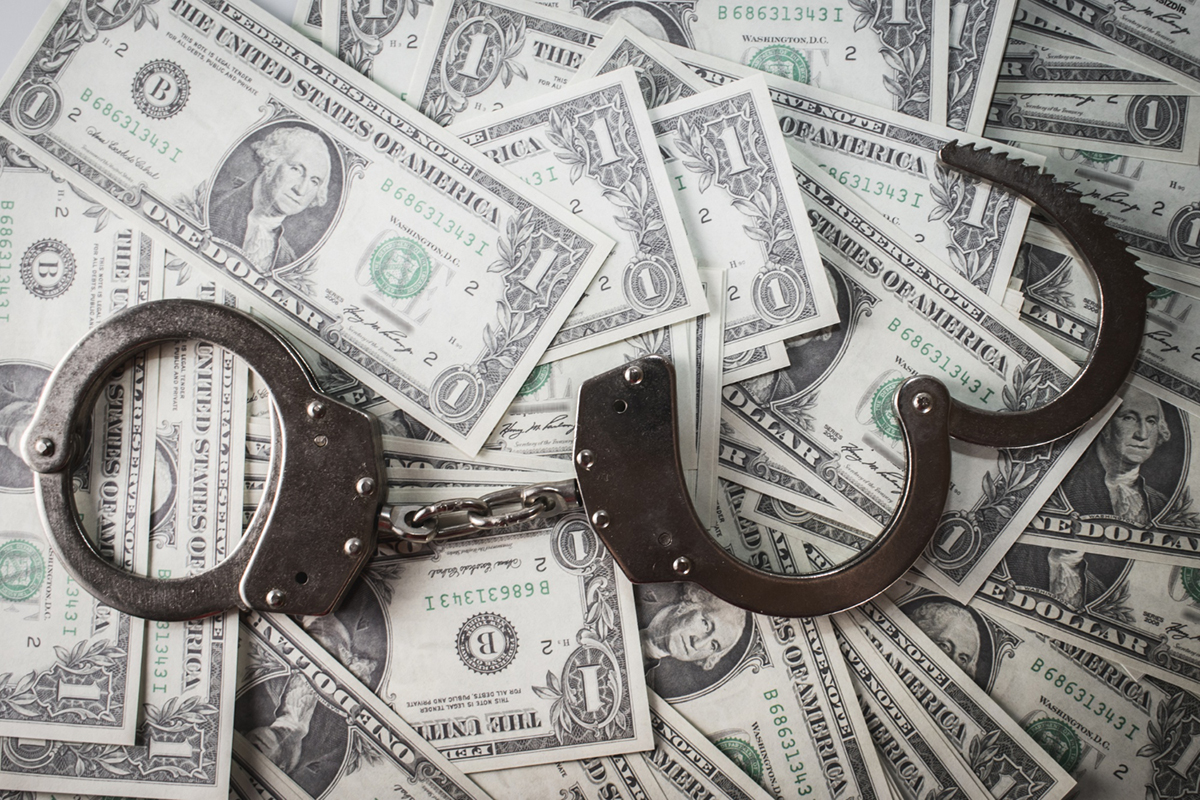


Bail is an amount of money paid by a defendant to ensure their release from jail as they wait for their trial. If you or a loved one has been arrested, it’s essential to know that not everyone is eligible for bail. Under certain circumstances, a person can be denied bail and remain in jail until their trial, which can be a trying and stressful experience. In this post, we’ll discuss under what circumstances bail can be denied, so keep reading.
The seriousness and nature of the offense are the most significant factors that a judge uses to determine whether to grant bail to the defendant. If the crime in question is a capital offense, which is punishable by death, the defendant is more likely to be denied bail. Similarly, if the crime is deemed a severe or violent offense, such as murder or terrorism, a judge may deny the defendant’s bail application.
The decision to grant or deny bail also factors in the risk the defendant poses to the public. If the defendant is considered a violent criminal, a judge may conclude that their release would pose a danger to the community. In this case, even if the defendant can afford the bail amount, they may still be denied bail until their trial.
If the defendant has significant ties to the community, has a steady job, a family, and no previous record of flight, they may be granted bail. Conversely, a defendant who poses a high flight risk is likely to be denied bail. Such offenders may have no ties to the community, no permanent address, and may possess a passport, thereby increasing the likelihood that they may flee.
A defendant’s criminal record is an essential factor in a judge’s decision to grant or deny bail. If an individual has a previous record of failing to appear in court or violating probation, they may be denied bail. Additionally, if an individual is facing a new offense while on bail from a prior criminal case, they’re less likely to be granted bail the second time around.
If there’s the slightest chance that a defendant may tamper with evidence related to their case, chances are they’ll be denied bail. Judges take evidence tampering seriously and may consider a defendant’s history of tampering with evidence when denying or granting bail.
In conclusion, getting bail is not an automatic right, and the judge has the final say on whether to grant or deny bail to a defendant. Judges consider various factors when making bail decisions, including the severity of crime, the defendant’s criminal history, their ties to the community, and the potential to flee or tamper with evidence. If you or your loved one has been charged with a crime, remember that a bail bond can get you out of jail as you await trial. However, if bail is denied, contact a defense attorney to discuss your options. If you require bail bond services in Orlando, FL, contact Mike Snapp Bail Bonds today for assistance.